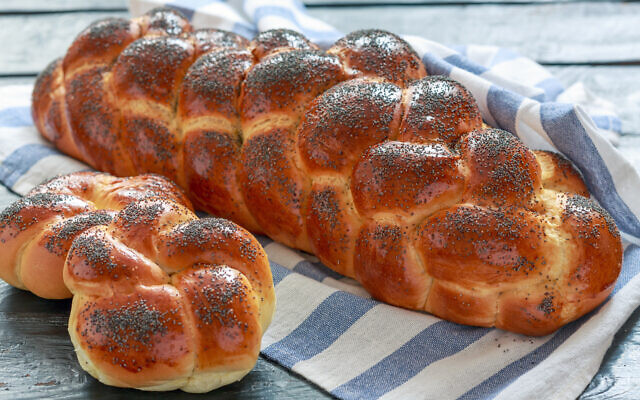Why environment matters
Shabbat Shalom to all our readers.
Three elderly Jewish women are seated on a bench, each bragging about how devoted her son is to her.
The first one says: “My son is so devoted that last year for my birthday he gave me an all-expenses-paid cruise around the world. First Class!”
The second says: “My son is more devoted. For my 75th birthday last year, he catered an entire dinner for me. And even gave me money to fly down my good friends from New York.”
And the third says: “My son is the most devoted. Three times a week he goes to see a psychiatrist. A hundred and twenty dollars an hour he pays him. And what does he speak about the entire time? Me.”
The intense connectedness of the Jewish family is no invention of Jewish humour. Its roots go bacˆk to the fifth Commandment: “Honour your mother and father.” The greatest sages in the Talmudic era and beyond would credit their parents for the vast sacrifices they endured, which contributed to their offspring’s immense successes.
Indeed, raising children can be a most rewarding occupation but it is filled with potential pitfalls. It has always been a challenging task over which parents have struggled and agonised. Shielding our children from the oftentimes unrefined influences our modern world has to offer, is one of the pivotal ingredients to successful parenting.
It is this idea that is so beautifully alluded to in this week’s portion of Terumah, which introduces us to the layout and design of the Mishkan – the holy Tabernacle, built in the desert by God’s command.
The first article mentioned is the Holy Ark. The Torah describes how, on top of the ark, Moses was to build “Keruvim” (Cherubs), fashioned of gold and possessing the face of children. Miraculously, when the Jewish people angered God, these solid gold objects faced away from each other. When they deserved Divine favour, they faced each other, symbolically representing the wholesome relationship between God and His children.
The word “Keruvim” is found elsewhere in the Torah albeit in a very different context. When Adam transgressed and benefited from the tree of knowledge, the Torah describes how “God drove away Adam, and stationed the Keruvim at the East of Eden, along with the revolving sword blade, to guard the path to the Tree of Life” (Bereshit 3:24). In that context, Rashi explains “Keruvim” to mean destructive angels.
Thus the term “Keruvim” can describe wonderful, faultless angels, and by contrast, vicious and destructive ones. The key is where they were placed. The same applies to each of our children. We parents ought to be hyper-vigilant in ensuring our children are placed in the correct environment. If we expose our children to the contemporary revolving swords of materialism and modernism, we run the risk of rearing destructive angels.
However, if we associate them with the ark and what it represents, the Torah and its timeless values imbued with derech eretz and menschlichkeit, we will rear pure, angelic children.
The lesson that emerges from the different meanings of “Keruvim” is an important message for parents. The environment to which we expose our offspring is of vital importance. It is one of the most important single factors that will determine whether we raise the Keruvim-like children of the ark or Keruvim-like children of the Garden of Eden.
And as we raise our children to take their rightful place as contributing members of society, we can remain inspired by the prophet Malachi’s beautiful prophecy, “Vehaishiv lev avot al banim” (Malachi 3:24), that the investment in our children joining their hearts with ours, will bear fruit for them and within ourselves.
Menachem Sabbach is rabbi of North Eastern Jewish Centre, and a Dayan of the Melbourne Beth Din.


comments